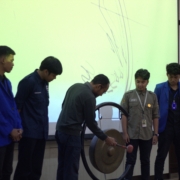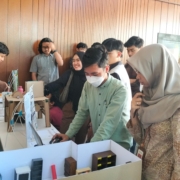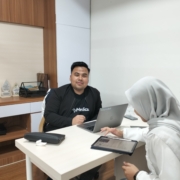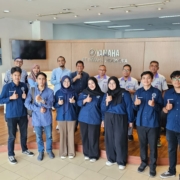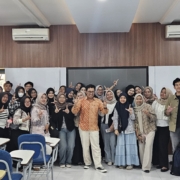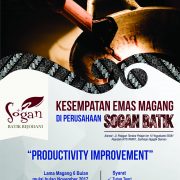Learning from the Experts: Industrial Engineering Dive into Logistics Management
The Practitioners’ Class once again became part of the academic agenda for Industrial Engineering students at the Faculty of Industrial Technology, Universitas Islam Indonesia (FTI UII). This time, students of the Logistics Management course had the opportunity to learn and engage in discussion directly with Dr. Zaroni, CISCP, CFMP, a Senior Consultant at Supply Chain Indonesia. The lecture, titled “Strategic Supply Chain & Logistics Response to Current Global Geopolitical Dynamics”, offered valuable insights into how global political conditions are impacting supply chains and logistics strategies across sectors.
During the session, Dr. Zaroni guided students to understand the critical role of logistics management as a core component of MSME business strategies. He also emphasized the importance of developing data-driven operational analysis rooted in local context and encouraged students to formulate strategic plans using a multidisciplinary approach—encompassing logistics, technology, human resources, and partnerships. This learning experience was further enriched through in-depth case discussions and practical insights drawn from real-world challenges in various sectors.
“Having Mr. Zaroni in person gave us an incredibly insightful overview of the logistics landscape across various sectors—from agriculture and halal logistics to humanitarian supply chains. The opportunity for open discussions and presentations really broadened our understanding of the course material and the many factors that influence,” said Rangga, one of the students attending the class.
Exploring Logistics Management Through Case Studies
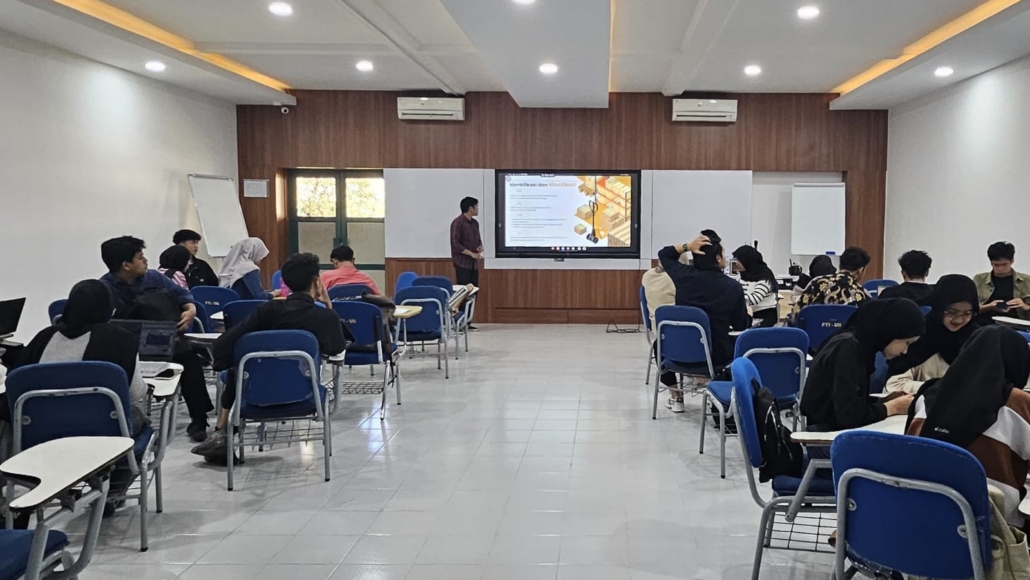
More than just a lecture, Dr. Zaroni invited students to actively explore and analyze real-world case studies related to topic. The discussions covered a wide range of strategic aspects, beginning with logistics for MSMEs—focusing on the design of integrated logistics strategies to help small-scale businesses operate more efficiently and competitively.
The topic of rural logistics was also raised, highlighting the real challenges of ensuring food distribution equity in remote areas. Solutions discussed included community-based approaches and the use of simple technologies. These were tailored to the geographic and social contexts of rural populations.
In urban settings, the discussion focused on the complexity of last-mile delivery. This challenge demands tech-driven innovation, smart infrastructure development, and collaboration between public and private sectors. Halal logistics also emerged as a key topic. It addresses the need for Sharia-compliant supply chains in the midst of global competition. This requires clear regulations, proper certification, and value-based differentiation strategies.
Lastly, students explored disaster logistics management. This essential field requires adaptive strategies to respond effectively during emergencies and situations with limited resources. The goal is to ensure that humanitarian aid is delivered swiftly, accurately, and in a well-coordinated manner. The results of these case studies were then presented in class, followed by group discussions focusing on each topic area.
From Theory to Real-World Insight
The inclusion of practitioner classes is designed to ensure students not only understand theoretical concepts but also gain practical insights. More than that, the discussions foster critical thinking skills among Industrial Engineering students at UII. With these skills, students are expected to make strategic decisions and become adaptive problem solvers in real-world scenarios.
Syawarani Gayatri

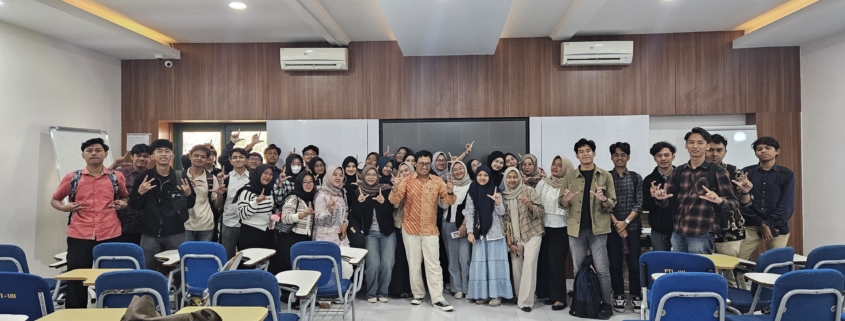
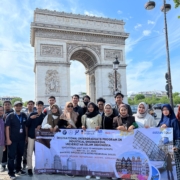 IP IE UII
IP IE UII 